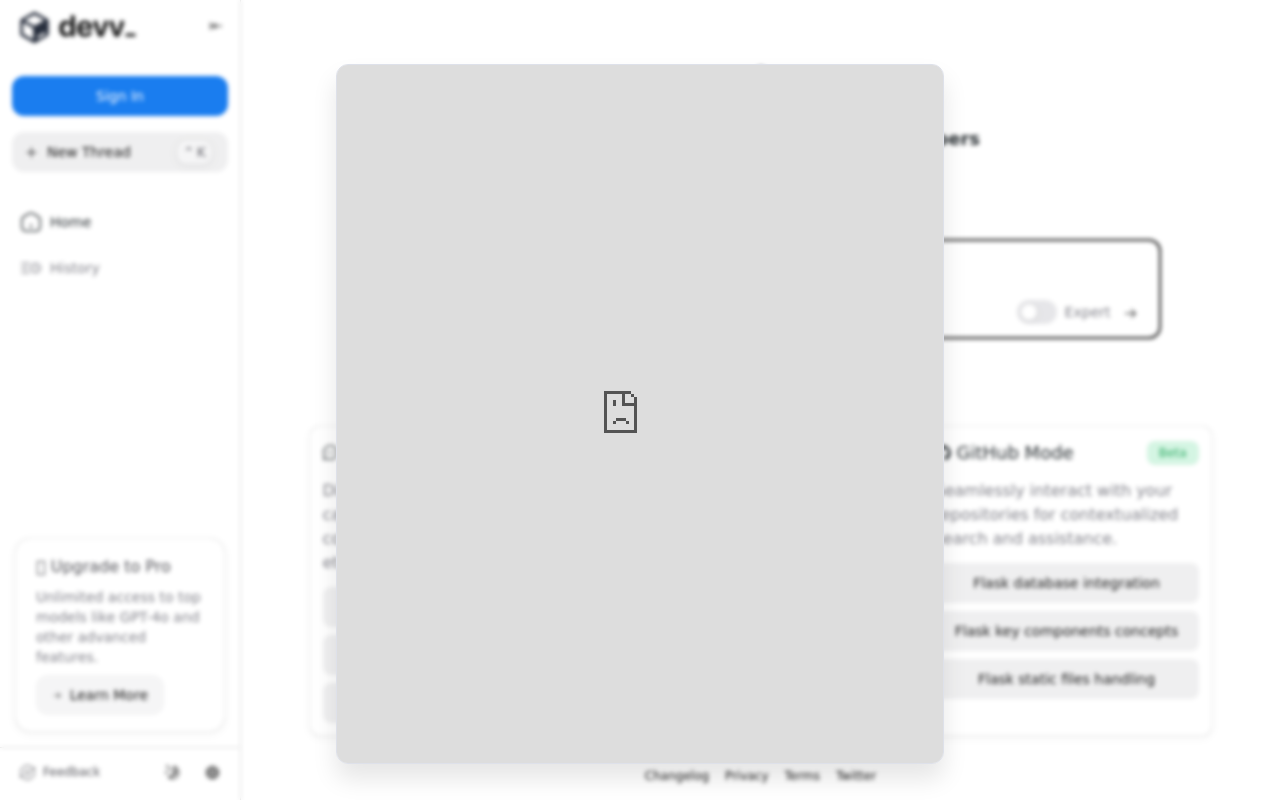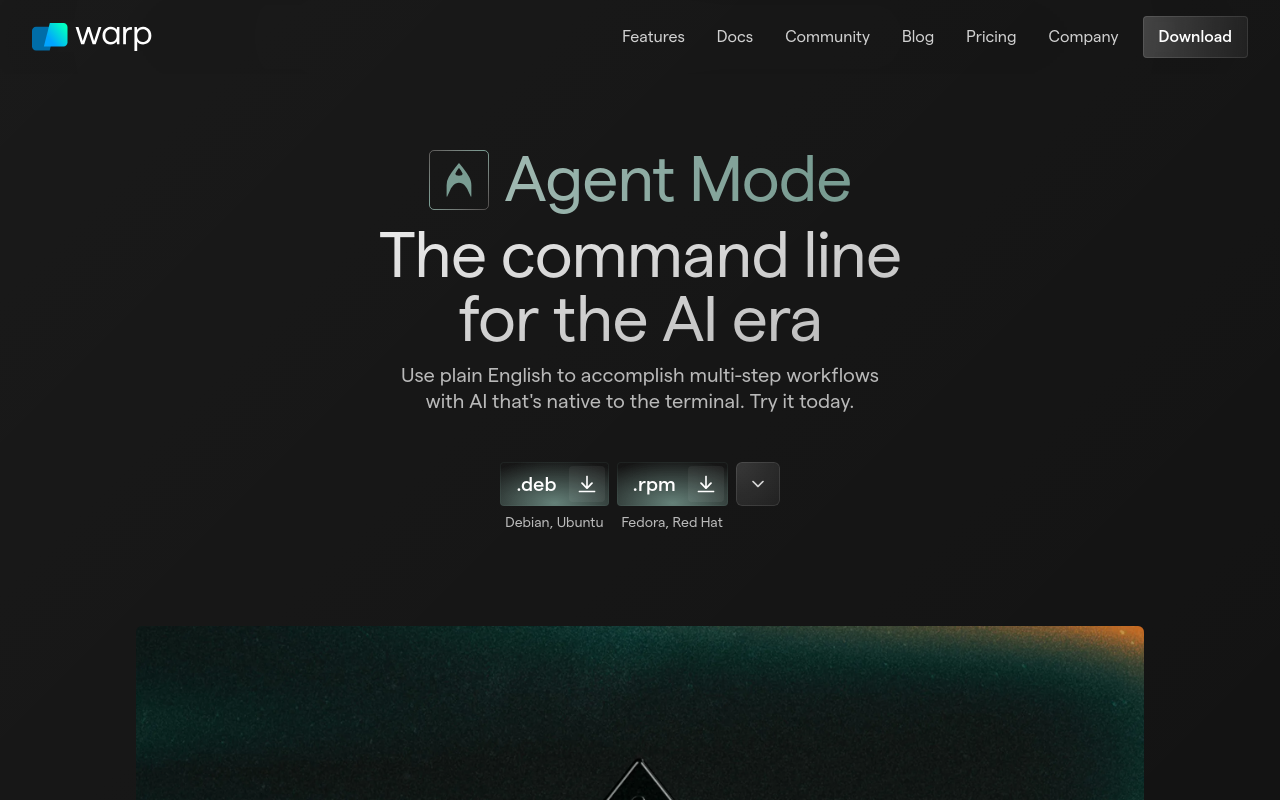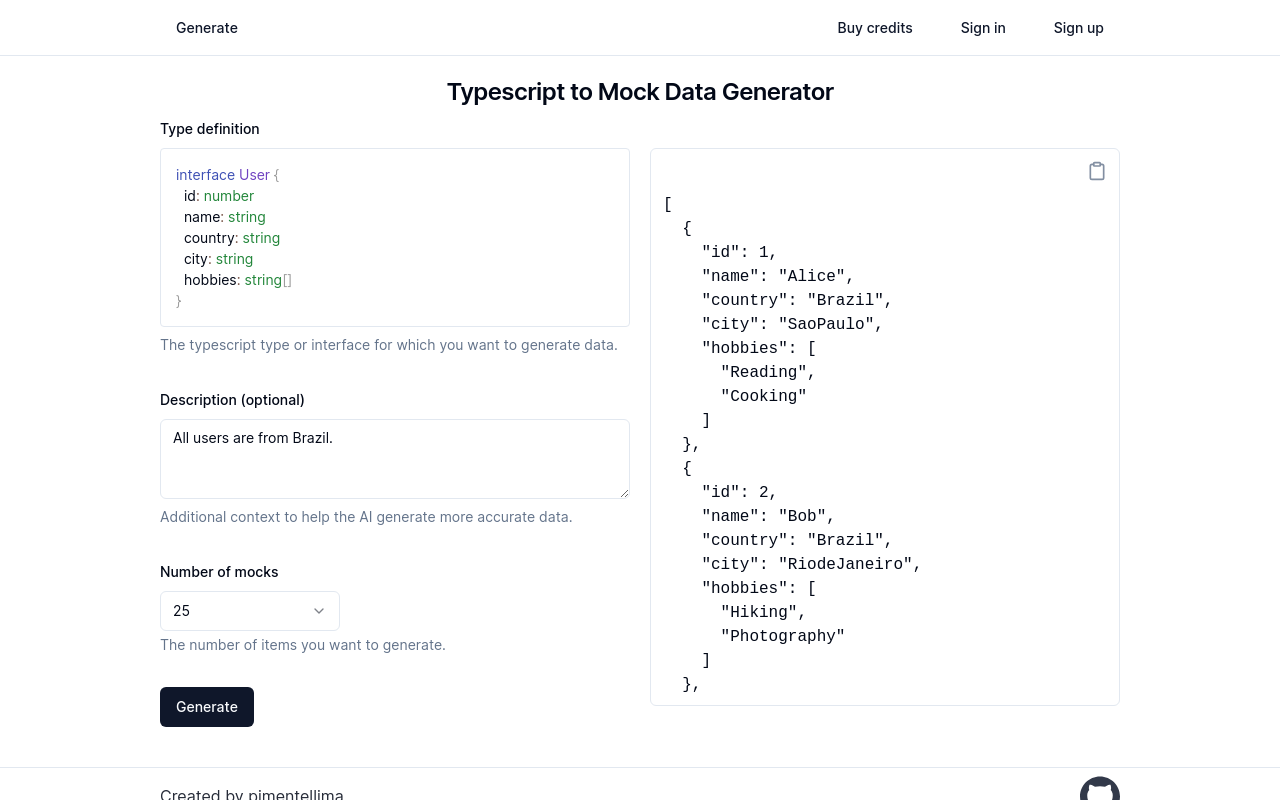Best for:
- Business Analysts
- Data Scientists
- Database Administrators
Use cases:
- Automating SQL queries
- Gaining insights from complex datasets
- Custom business intelligence applications
Users like:
- IT Department
- Data Analytics Team
- Business Intelligence
What is Vanna.AI?
###Quick Introduction. Vanna.AI is a personalized AI SQL agent designed to make querying databases incredibly straightforward and efficient. Targeted at both non-SQL experts and seasoned SQL professionals, Vanna.AI allows users to interact with their databases by simply asking questions. This tool translates natural language queries into SQL, enabling users to extract actionable insights from their databases with minimal effort. It’s especially useful for business analysts, data scientists, and database administrators who seek to streamline their workflow and reduce the barriers to gaining insights from data. The magic of Vanna.AI lies in its capability to automatically understand the structure of complex datasets, making it an exciting addition to any data-intensive environment.
Vanna.AI is highly customizable and integrates seamlessly with a wide range of database systems. Whether you are using PostgreSQL, MySQL, Snowflake, or any other SQL-based database, Vanna.AI can generate precise queries suited to your specific needs. Its open-source nature allows large enterprises to deploy and tailor it to their unique requirements, and its self-learning feature ensures that the model improves over time, delivering increasingly accurate results. With Vanna.AI, the days of spending countless hours writing or debugging SQL queries are over; you can now dedicate more time to interpreting data and making informed business decisions.
###Pros and Cons
####Pros
- Ease of Use: Vanna.AI simplifies the process of querying databases, making it accessible to users who are not SQL experts.
- Customizability: The tool is open-source and highly customizable, making it suitable for varied enterprise needs.
- High Accuracy: The model improves over time and excels in handling complex datasets, providing accurate and reliable results.
####Cons
- Requires Initial Setup: Some initial setup and configuration are required to integrate the tool with existing databases.
- Dependency on Training Data: The accuracy of Vanna.AI heavily depends on the quality and quantity of training data provided.
- Limited to SQL-Based Databases: While it supports many SQL databases, it may not be suitable for non-SQL databases or other data storage solutions.
###TL:DR.
- Translates natural language questions into SQL queries.
- Highly customizable and integrates with various databases.
- Self-learning model that improves over time.
###Features and Functionality:
- Natural Language Processing: Vanna.AI can convert your natural language questions into accurate SQL queries, saving time and reducing the need for specialized knowledge.
- Wide Database Support: Out-of-the-box support for multiple databases like Snowflake, BigQuery, Postgres, and more.
- Self-Learning: Continuously improves as more queries are made, thanks to its self-learning capabilities.
- Customizable Frontends: Can be integrated into various frontends like Jupyter Notebooks, Slackbots, web apps, etc.
- Open-Source: Run it on your own infrastructure and customize it as per your enterprise needs.
###Integration and Compatibility:
Vanna.AI integrates seamlessly with numerous SQL-based databases such as PostgreSQL, MySQL, Snowflake, BigQuery, and others.
Do you use Vanna.AI?
It’s highly flexible, even allowing custom connectors for other databases through its open-source framework. Users can run it in different environments like Jupyter Notebooks, deploy it within web apps, or expose it via Slackbot. Standalone deployments are supported, ensuring it fits into any workflow.
###Benefits and Advantages:
- Time Savings: Automates the process of writing SQL queries, allowing users to focus more on data analysis rather than query syntax.
- Improved Accuracy: Enhanced accuracy driven by high-quality and self-augmenting training data.
- User-Friendly: Makes data querying accessible to non-experts, broadening the scope of database interrogation.
- Cost Efficiency: Being open-source, it provides substantial flexibility without the overhead costs of proprietary software.
###Pricing and Licensing:
Vanna.AI employs a flexible pricing model. The core package is open-source and free to use, but hosted components and enterprise services are available at an additional cost. This makes it valuable for both small businesses and large enterprises looking for customization and support options.
###Support and Resources:
Vanna.AI offers extensive support to its users, including a help center, comprehensive documentation, and a community forum on Discord. Additionally, enterprises can get help from experienced developers via email for more tailored customization needs.
###Vanna.AI as an Alternative to:
Compared to traditional SQL query writing or other automated query systems, Vanna.AI shines in its ease of use and high level of customization. Tools like Microsoft SQL Server’s query interface or Google’s BigQuery interface may require specialized SQL knowledge, whereas Vanna.AI democratizes access to data querying.
###Alternatives to Vanna.AI:
- IBM Watson Studio: Ideal for those who need a comprehensive data science platform but at a higher cost and complexity.
- ChatGPT Codex: Suitable for generating code snippets including SQL but lacks specific integration capabilities for databases.
- Tableau: Excellent for data visualizations and basic queries but not designed for complex SQL code generation.
###Conclusion:
Vanna.AI is an indispensable tool for anyone looking to simplify their interaction with SQL databases. Its blend of natural language processing, customizability, and robust support across various platforms makes it a powerful choice for both non-technical users and SQL experts. It saves time, improves accuracy, and scales with your business needs, offering a compelling solution in the data query landscape.



